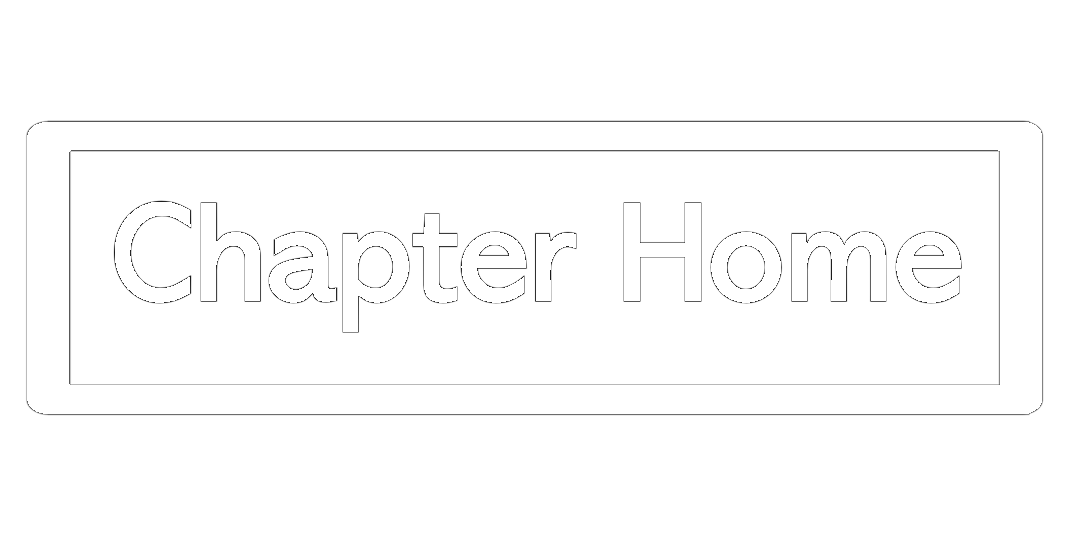Chapter 26, PART 1

At some point, you meet new people and in the course of the conversation you are asked The Question: “Do you have children?” followed by “How many?” The first time, I replied as calmly as I could, “Three, but I lost one.” Still, it had only been seven months and my eyes welled up. Shirley, the woman who asked, had lost a child herself and we spent the evening at a very fancy fundraising dinner for Junior Achievement, discussing our lost children and the overwhelming feelings that grip us, despite the fact her daughter had died fifty years earlier. She immediately empathized and when we left that evening, she and I hugged tightly. I will always feel gratitude to Shirley for her compassion.

Chapter 26, PART 2

For the most part, though, the people who ask will not be as helpful as Shirley was to me. If someone has not been through the death of a child, they often feel uncomfortable. If they are parents themselves, the thought fills them with compassion and they express their sympathy. If childless, such as my college students, they might look away and mumble, “I’m sorry,” not knowing what to do. Once in a while, I have come across someone with the ability to listen, and they comfort.
How you choose to answer remains up to you. We cannot deny our children because they live inside of us. I usually respond as I did to Shirley, “Three, but I lost one.” Another friend responds with the four she had unless, as she said, “I choose to say otherwise.” It’s a matter of personal boundaries, place and circumstance. To me, Logan’s death has molded me so much into who I am today that I feel as though this is an important fact for people to know. Although, if I were at a party, I might not want to divulge this information.

Chapter 26, PART 3

A few days ago, a co-worker who did not know about the death, overheard me say that I would not be working on the 24th because it was Logan’s death day. He asked, “Excuse me. Did I hear you right? Did you say death day?” This worker joined the campus after Logan died, so he did not know about it and as I explained that I had lost a son, I felt the tears coming to my eyes and my voice quivering. Three years and still the question can bother me.
Plus, once you offer the information, this question soon follows: “How did he die?” It’s hard to say “drug overdose” and sound casual because I feel inadequate as a parent.

Chapter 26, part 4

One day, a casual acquaintance mentioned that her daughter lived in an apartment at college. She remarked that it seemed like a reputable place, but “some kid died of a drug overdose in the apartment behind her last week.” The tone of her voice sounded as if the person who died was akin to vermin that might taint her daughter. I know she wasn’t thinking about my son dying when she said it, but I felt hurt even though she meant no slur against my parenting skills, my son, or anything whatsoever to do with me.

Chapter 26, part 5

Your challenges might be of a different kind. Some spots are touchy and at least by recognizing these trigger points, we might be able to deal with them more effectively. I view these awkward moments with the thought that no one knows what they are doing to me, nor are they doing it on purpose with their comments.

Chapter 26, part 6

ACTIVITY
Decide how you will answer The Question. For me, it’s better to get it out in the open because it begins a dialogue with some people. For others, privacy is most important. This decision will always remain personal.






